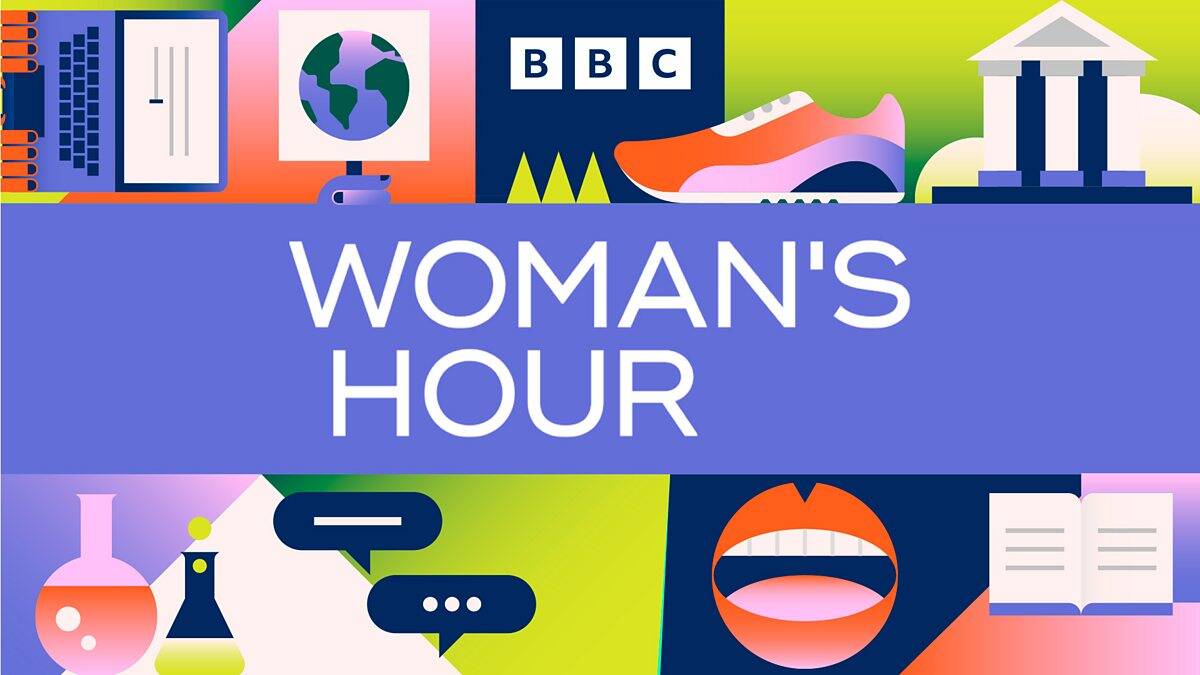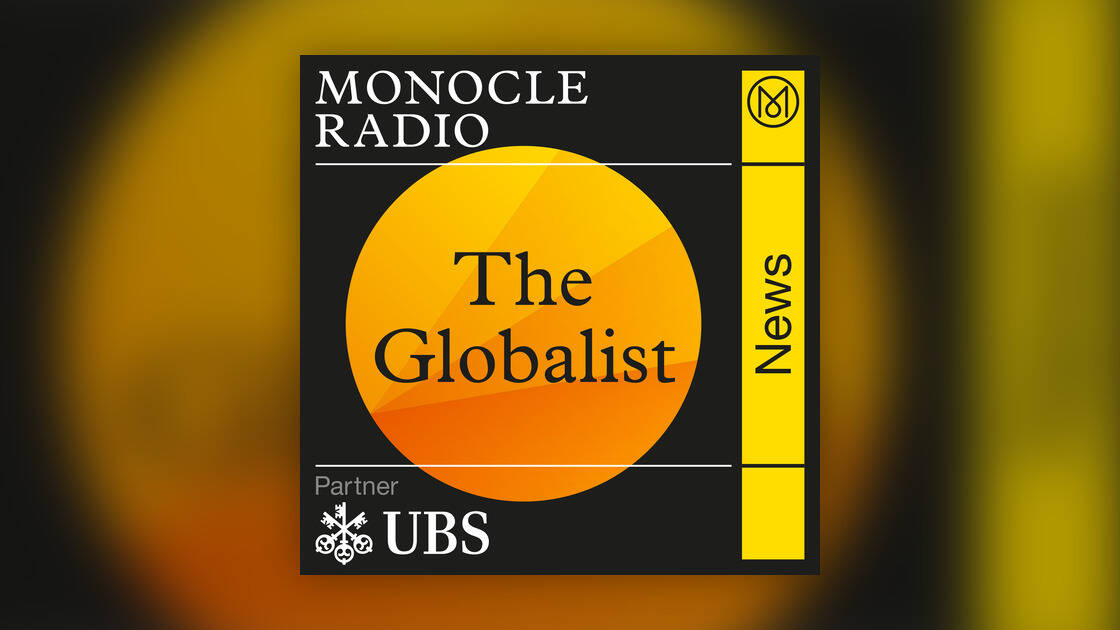Abolition Over Normalisation: Dignity Is Won by Breaking, Not Branding
Medium | 14.11.2025 07:46
Abolition Over Normalisation: Dignity Is Won by Breaking, Not Branding
3 min read
·
Just now
In the digital age, words have become more than just tools for communication. They are powerful cultural symbols, capable of uniting communities or sparking fierce divisions. A single phrase can ignite conversations across borders, but it can also fracture society into opposing camps.
When influencers try to make a slur seem normal, it is not empowerment; it is cowardice. It feels like they lack the courage to confront the structures that perpetuate misogyny, choosing instead to soften the insult rather than abolish it. This is never a victory. In another way, women are forfeiting their dignity instead of raising it, surrendering to the language of oppression rather than rewriting it with strength.
India itself is a land with a history of powerful revolutions for women’s rights. Our leaders never normalised illiterate, regressive acts like sati or triple talaq. They worked to abolish them, to uproot injustice rather than accommodate it. That is the path people need to take with issues like these: not normalisation, but abolition. True progress comes from dismantling harmful practices, not dressing them up as empowerment.
As a person from Kerala, I have learned about how my state has lived through these struggles. The privileged and upper communities often used casteist slurs to bully and demean those from lower backgrounds. But our leaders and reformers stood firm, refusing to let such language define society. They fought, they protested, and they demanded abolition. Their courage worked: while caste spirit may still linger quietly in some hearts, people no longer dare to openly insult others with those words. Why? Because the words were abolished, not normalised. That is the difference between true reform and shallow trend-making.
Feminism itself must be understood in this light. It is a movement for equality, not supremacy. When feminism is twisted into supremacy, it ceases to be feminism and becomes radicalism. True feminism does not seek to dominate men or glorify slurs; it seeks balance, dignity, and justice. Supremacy only replicates the same oppressive structures it claims to resist, while equality dismantles them.
And here lies the deeper danger: when something harmful is normalised, it never truly changes society. Normalisation breeds complacency, not transformation. Everything that needs to evolve demands rupture, demands revolution. India has shown this before abolishing sati, abolishing triple talaq, and abolishing casteist language. Change never came by softening injustice; it came by breaking it.
Get Sreejith M R’s stories in your inbox
Join Medium for free to get updates from this writer.
Hashtags are sparks, not fires. They can ignite conversations, but they cannot sustain revolutions. Revolutions demand abolition, not normalisation. They require leaders willing to confront injustice, not influencers chasing clicks. So when we take a close look, the truth is stark: no hashtag in India has survived beyond a few weeks, and none has created lasting revolution. The only people who consistently gain are the creators who ride the wave for fame.
I am not saying the world will become a good place overnight. But if you work for it, if you resist normalisation and fight for abolition, it will evolve. Change is slow, but it is inevitable when driven by courage, clarity, and conviction.
And while we’re at it, is it really necessary to follow every rage-bait idea tossed out by some influencer desperate for clicks? To mimic their outrage, their aesthetics, their curated rebellion, all while losing sight of your own voice.
No. It’s not.
Real courage isn’t found in viral tantrums. It’s found in quiet defiance. In choosing dignity over drama. In breaking norms not for attention, but for truth. Many women have done this before, not by chasing trends, but by standing firm in who they are. They didn’t need slogans to be bold. They didn’t need filters to be seen. They were respected because they were real. Admired because they were relentless. And remembered because they refused to be reduced.
There is a difference between being loud and being brave. Between selling rebellion and living it. Between following noise and forging identity.
So ask yourself: are you echoing someone else’s rage, or are you building your own revolution?
Because the world doesn’t need more influencers. It needs more women who influence by example who break the mould, not just the algorithm.
It’s not about generalising something. It’s about abolishing it.









